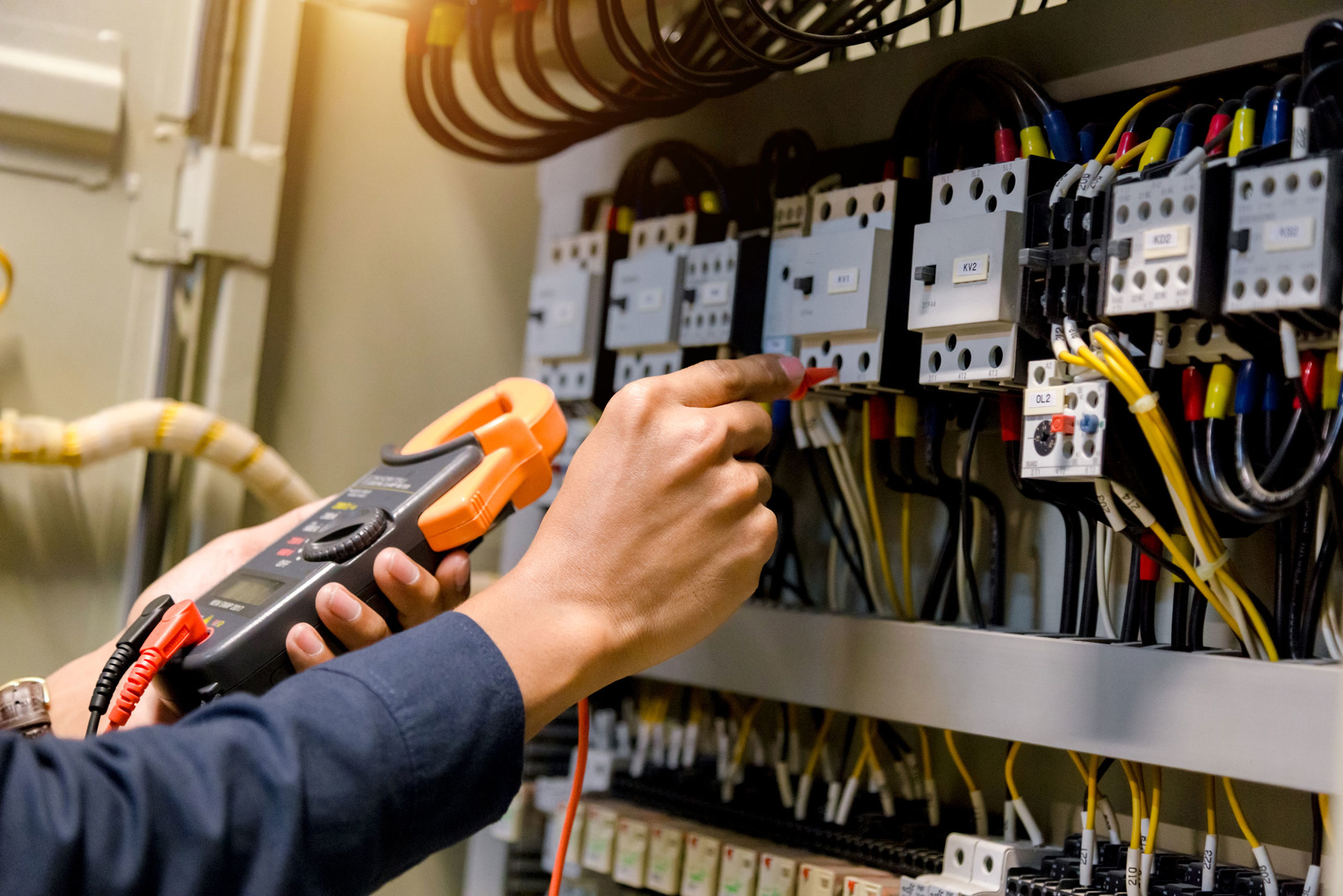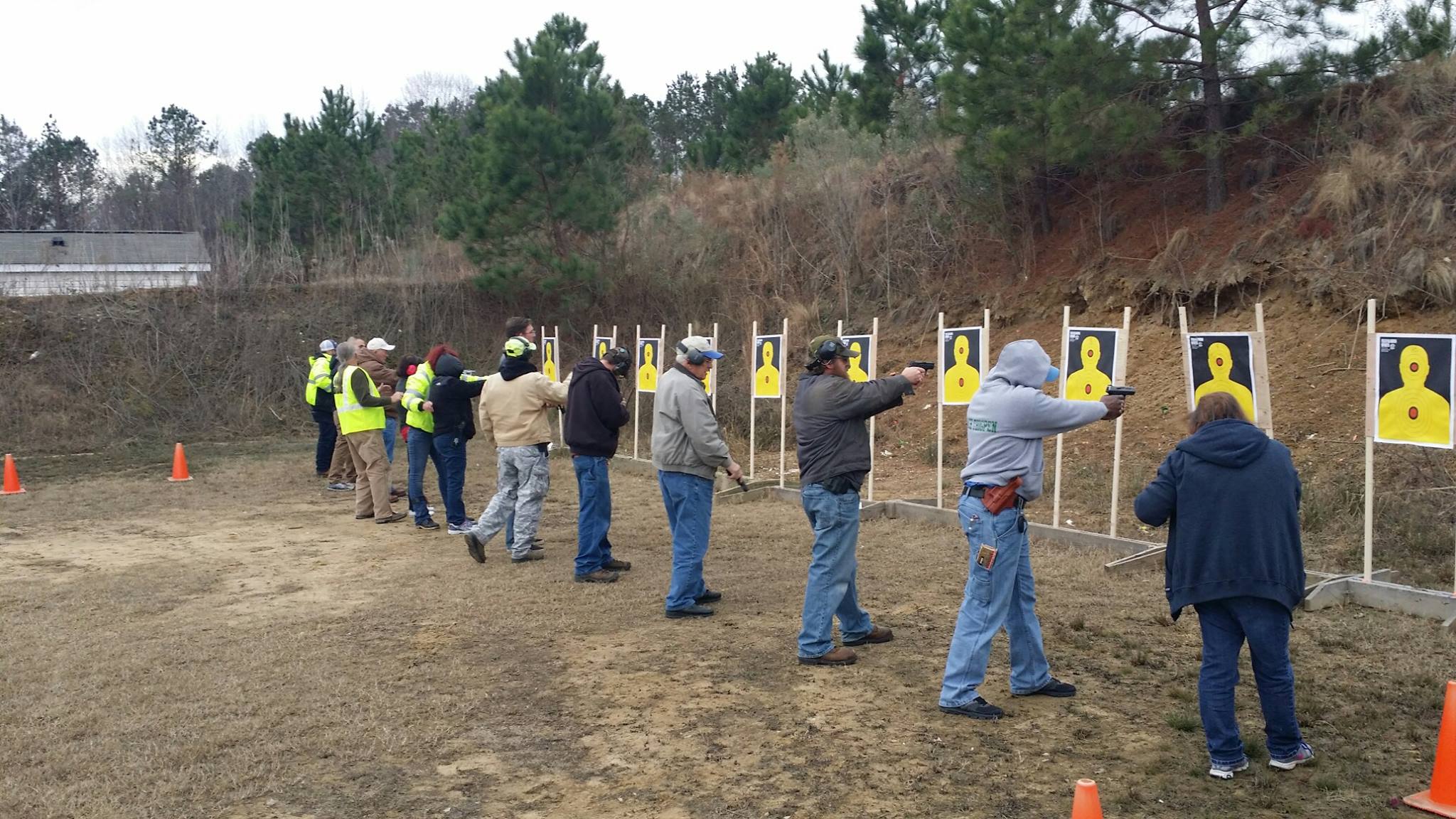Introduction to Commercial Electricians
Commercial electricians are skilled professionals responsible for installing, repairing, and maintaining electrical systems in commercial buildings such as offices, stores, and other public facilities. Their work ensures that businesses operate smoothly and safely, with minimal electrical hazards.
The Role of a Commercial Electrician
Commercial electricians differ from residential electricians in several ways, as their focus is on larger and more complex electrical systems. Here are some key responsibilities:
- Installation of Electrical Systems: Setting up lighting, power outlets, wiring, and other components.
- System Maintenance and Repairs: Diagnosing issues and maintaining systems to prevent downtimes.
- Upgrading Systems: Implementing modern technology like energy-efficient lighting or automated systems.
- Ensuring Safety and Compliance: Adhering to national and local electrical codes to protect building occupants.
Key Skills and Qualifications
Commercial electricians need a unique set of skills, experience, and qualifications to handle the demands of large-scale projects. Key requirements include:
- Technical Knowledge: A solid understanding of electrical systems, wiring, and circuitry.
- Problem-Solving Abilities: The ability to troubleshoot and repair electrical problems quickly.
- Physical Stamina and Dexterity: Commercial work can be physically demanding.
- Certification and Licensing: Most states require electricians to hold a valid license.
- Attention to Detail: Precision is essential in preventing accidents and ensuring the system functions correctly.
Typical Work Environments for Commercial Electricians
Commercial electricians work in various settings, each presenting unique challenges and requirements:
- Office Buildings: Installing and maintaining systems to handle high electrical loads.
- Retail Spaces and Malls: Setting up reliable lighting, signage, and power distribution systems.
- Industrial Facilities: Ensuring equipment and machinery have a steady power source.
- Schools and Hospitals: Installing systems that are crucial for safety and operational efficiency.
Training and Certification Pathway
Commercial electricians typically need specialized training beyond high school, often through vocational schools, apprenticeships, or technical programs. Here’s an outline of the pathway:
- Vocational School or Technical Program: Provides foundational knowledge in electrical theory, wiring, and codes.
- Apprenticeship: Allows for hands-on experience under the supervision of an experienced electrician.
- Licensing Exam: After completing the required hours, candidates take an exam covering codes and electrical knowledge.
- Continuing Education: As technology evolves, electricians must stay updated on new regulations and equipment.
Common Electrical Systems in Commercial Buildings
Commercial electricians work with complex systems, including:
- Lighting Systems: Installation of energy-efficient LED systems and smart lighting.
- HVAC and Refrigeration: Power systems for heating, ventilation, and cooling units.
- Security Systems: Setup of alarms, surveillance cameras, and entry systems.
- Data and Communication Networks: Installing the wiring for internet and phone systems.
Tools and Equipment Used by Commercial Electricians
Commercial electrician services rely on specialized tools and equipment to perform their work safely and efficiently. Common tools include:
- Multimeters: For measuring voltage, current, and resistance.
- Wire Strippers and Cutters: Essential for connecting and securing wires.
- Conduit Benders: Used to shape metal conduits that house electrical wiring.
- Voltage Testers: Ensures circuits are safe to work on.
Commercial Electricians and Safety
Safety is a top priority, given the risks involved in handling electricity. Commercial electricians must be proficient in safety practices, including:
- Personal Protective Equipment (PPE): Gloves, helmets, and insulated tools reduce the risk of accidents.
- Lockout/Tagout Procedures: Prevent accidental electrical discharge while working on equipment.
- Regular System Inspections: Identify potential issues before they become hazards.
- Code Compliance: Adherence to local and national codes ensures all work meets safety standards.
How to Hire a Reliable Commercial Electrician
When hiring a commercial electrician, look for:
- Credentials and Licensing: Verify they hold necessary certifications and licenses.
- Experience with Commercial Projects: Ensure they are familiar with commercial work, as it differs from residential.
- Positive References: Feedback from previous clients provides insight into their reliability.
- Knowledge of Local Codes: Familiarity with regulations is crucial to compliance.
The Future of Commercial Electrical Work
The field of commercial electrical work is rapidly evolving with advancements in green technology, automation, and smart building systems. Key trends include:
- Energy-Efficient Systems: Demand is growing for eco-friendly solutions like LED lighting and solar energy systems.
- Smart Buildings: Integration of automated systems for lighting, HVAC, and security.
- Renewable Energy Systems: More buildings are incorporating solar panels and battery storage.
- Advanced Data Networks: Growing reliance on data systems for modern communication and operations. read more: resistor color code
Conclusion
A commercial electrician is vital for any business setting, ensuring the smooth and safe operation of electrical systems. With their specialized training, experience, and commitment to safety, they bring value and peace of mind to commercial property owners and managers. As technology advances, commercial electricians will play an even more critical role in supporting energy-efficient and automated buildings.



